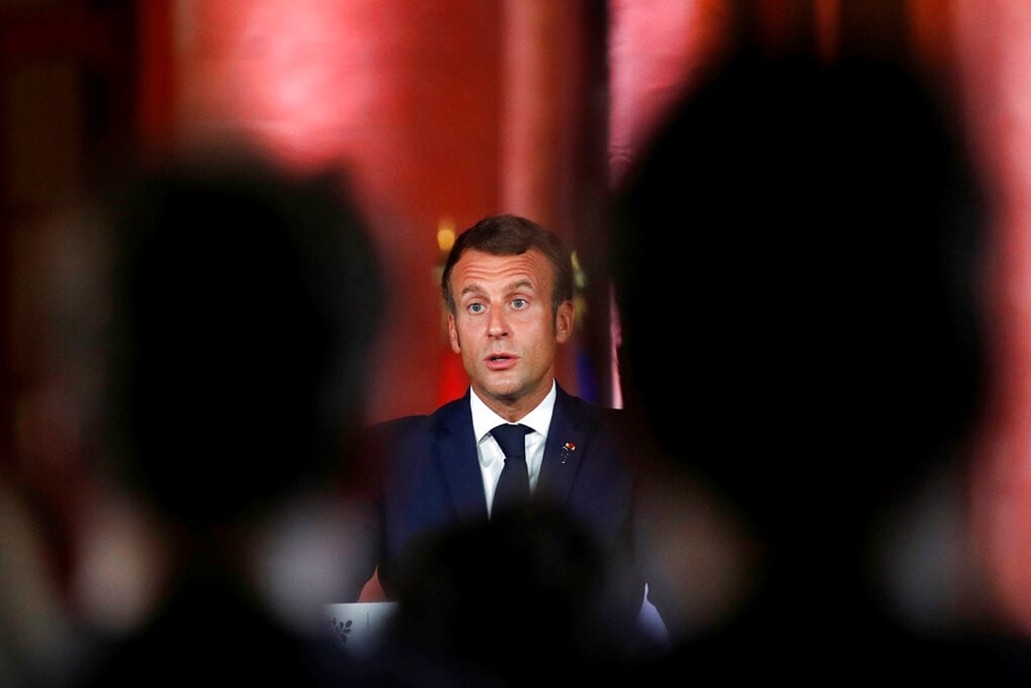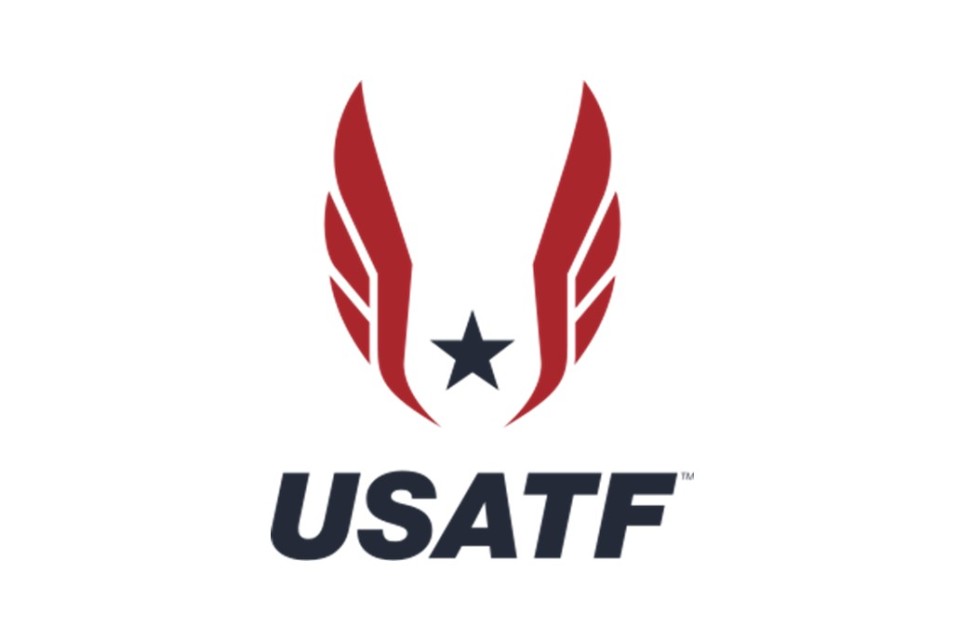Mon, May 19, 2025
Macron against wearing hijabs in sport

French president Emmanuel Macron has voiced that he opposes Muslim women wearing hijabs whilst competing in sport, instigating discussions among lawmakers, social leaders and governing bodies. The hijab may soon be banned from all sports competitions at all levels, amateur and professional, in France following the passing of a bill, the so-called “law on secularism in sport,” introduced in February by Senator Michel Savin. Savin’s draft proposal undisputedly passed the vote with 210 ballots in favour and 81 against.
In an interview, Macron stated: “I am in favour of the Olympic Charter, which prohibits the wearing of any religious symbols during competitions,” while advocating for “equality between men and women.” However, the International Olympic Committee (IOC) considers the hijab to be a “cultural object rather than a religious one,” which means that the IOC allows women to wear hijabs at the Olympics.
Macron expressed that the hijab should only be worn to get to and from venues, not in-competition. He also stated that women should be able to wear a hijab during physical activity outside of competition. Macron’s exact words were: “In [sports] facilities, for training and initiation, pragmatism is needed, and our law does not prevent it [the wearing of religious symbols],” according to Inside the Games.
The bill aims to create uniformity because currently in France, football, basketball, volleyball and rugby all ban the hijab, whereas athletics, handball and others permit it. Public servants, teachers and students in general are prohibited from wearing visible religious symbols in France.
Naturally, this has triggered a mixed response. Sylvie Eberena is a national amateur champion weightlifter who wears a headscarf, and she is now fearful about her future within her sport.
French judo practitioner who won gold at the Paris Olympics, Teddy Riner, expressed that the situation is a “waste of time.” He said it was better to “think [about] equality” as opposed to “picking on one and the same religion.”
However, others, such as Interior Minister Bruno Retailleau, argue that banning the hijab would “preserve sport as a sanctuary.” Retailleau has also argued that the hijab is a “symbol of submission,” sparking controversy, along with his chant: “long live sports and down with the veil.”
Amnesty International, for example, have been vocal about how the bill is “discriminatory.”
As reported by Middle East Eye, Johanna Wagman of Amnesty International expressed: “Rather than looking at the individuality of Muslim women, their journey, their diversity and their humanity, they are being attached to an idea, a narrative, an image, either that of an accomplice or that of a submissive person or a victim.”
Although a report from the minister of interior concluded there is no “structural or even significant phenomenon of radicalisation or communitarianism in sport,” French politicians continue to promote the hijab ban as a way to fight “Islamist radicalisation.”
Middle East Eye has also highlighted that “many radicalisation processes are marked by the cessation of sport - an accident that ended a sporting career, cessation of team sport before leaving for Syria [to join the Islamic State group], withdrawal of girls from dance classes at the time of the family's conversion, etc.”
The draft law is due to go before the National Assembly soon.
Image courtesy of Free Malaysia Today, licensed for free use. For full license details, please see here.



